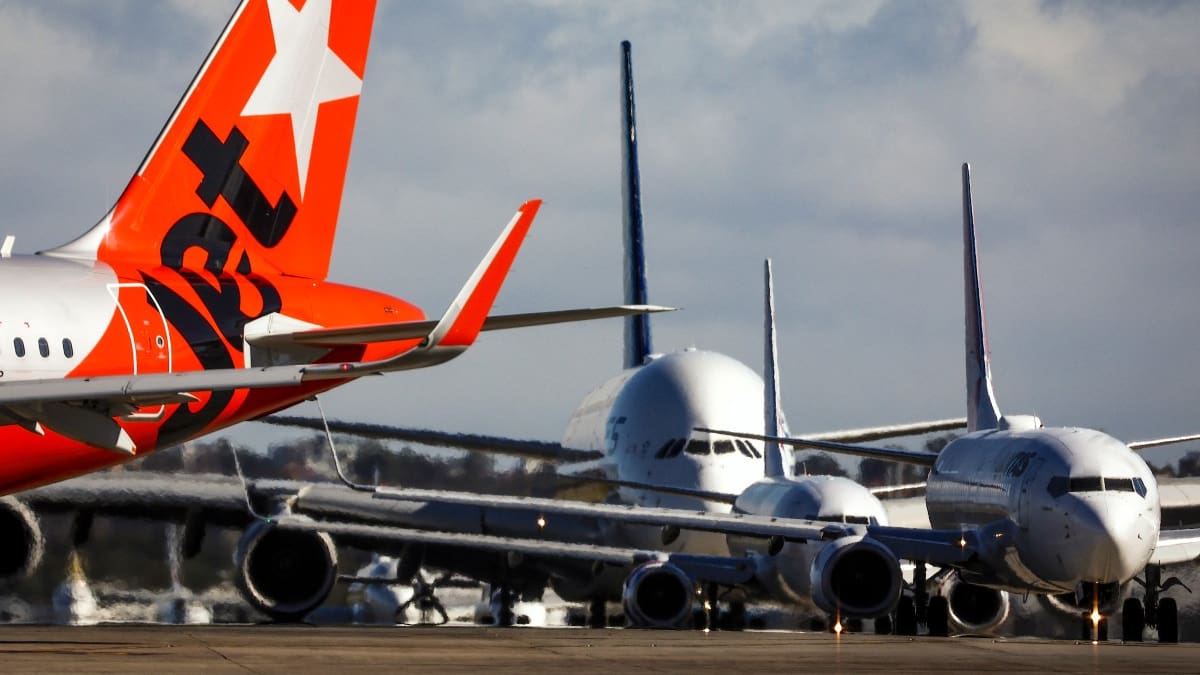That group is called the Saf Industry Roundtable.
Saf can be produced from sources including farm and forestry waste, animal fats, vegetable oils and municipal solid waste.
Leaders at Boeing, Z Energy and Lanzajet also welcomed the new initiative from Anthony Albanese’s Government.
The Australian plan aimed to ensure strong supply chains for sustainable fuels capable of powering trucks, ships and planes,
New Zealand currently imports all its jet fuel.
Australia’s Clean Energy Finance Corporation estimated Australia’s low-carbon liquid fuel industry could be worth A$36b by 2050.
The Saf Industry Roundtable has recommended New Zealand move quickly to evaluate Australia’s Saf policy settings.
And it said New Zealand should consider how Australia’s Saf developments could be mirrored or adapted to New Zealand’s needs.
Dr Kimberly Camrass, Boeing’s head of Asia-Pacific sustainability and partnerships, said New Zealand’s transport connections would increasingly depend on access to Saf.
Z Energy chief executive Lindis Jones said Australia was showing leadership in this field and sending a clear signal to global investors about building a competitive, low-carbon fuel industry.
Stephen Forshaw, Airbus chief representative for Australia and New Zealand, said Australia’s decision was a good opportunity for New Zealand to complement its neighbour’s initiative.
“There’s a window that opens with Australia’s action, where the potential to work together will maximise the opportunity to improve fuel security and build economic development for New Zealand, and potentially, the wider Pacific community,” he added.
LanzaJet chief executive Jimmy Samartzis said his company supported Saf projects in both Australia and New Zealand.
He said LanzaJet was thrilled about the Australian Government’s investment and hoped “that momentum will build into New Zealand”.
A new Aviation Action Plan announced in Wellington on Tuesday urged the sector to reduce fossil fuel dependency and promote a clean energy transition.
Associate Minister of Transport James Meager released the Aviation Action Plan on Tuesday. Photo / Smoke Photo and Video
The plan stated the Ministry of Transport would work with industry to develop regional collaboration on Saf uptake and supply.
Moore said NZ Airports was pleased to see the action plan committing to collaboration on Saf.
In June, the International Air Transport Association (Iata) announced a new sustainable aviation fuel matchmaker platform to match requests for fuel with offers.
At the time, Air New Zealand said any global co-operation or mechanisms to help facilitate access to Saf were welcome.
In July, the Herald heard from Boeing and DHL about how new fuel sources might power passenger and cargo flights.
Boeing said New Zealand-made sustainable aviation fuel could spawn a major local industry and create thousands of jobs.
Boeing pointed to a study by California-based Cyan Ventures that found domestic production of Saf could meet 30% of New Zealand’s jet fuel needs by 2050, generate 5700 jobs and improve fuel security.
John Weekes is a business journalist covering aviation. He has previously covered consumer affairs, crime, politics and courts.

